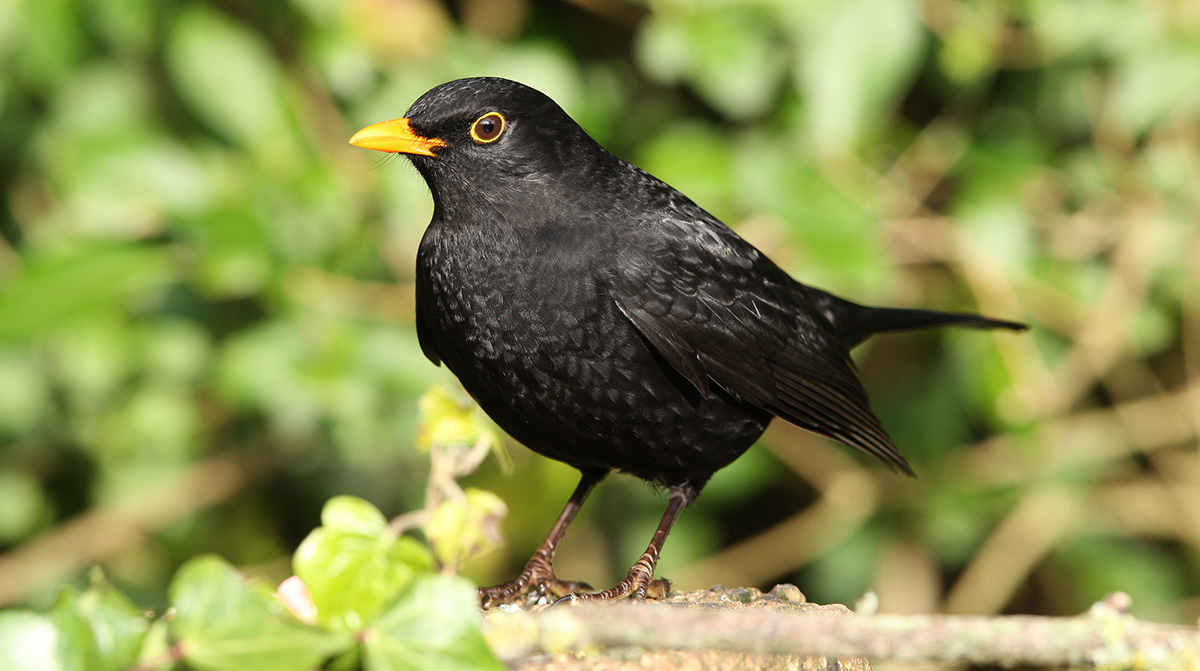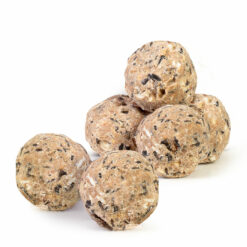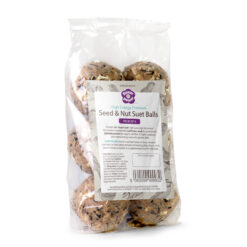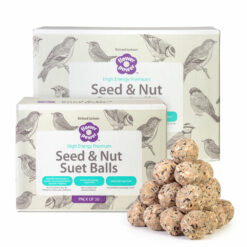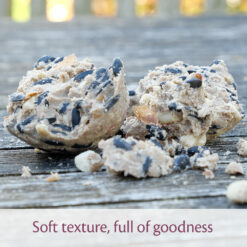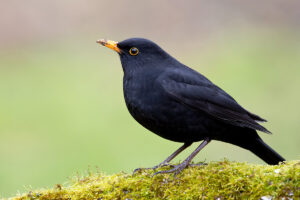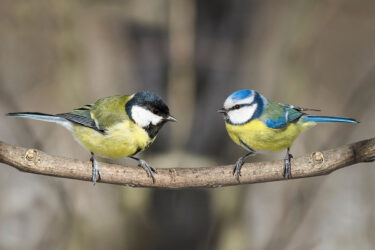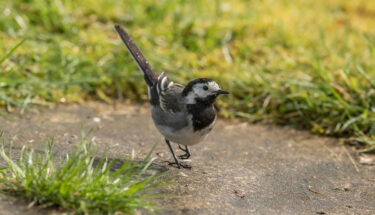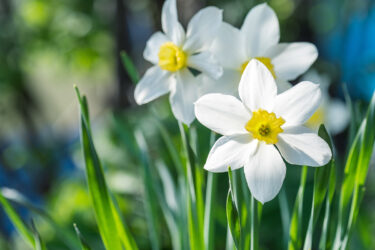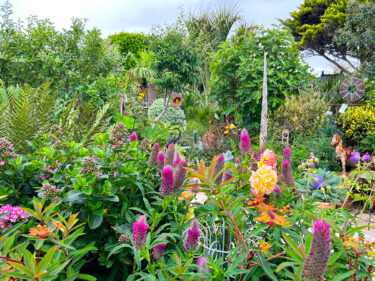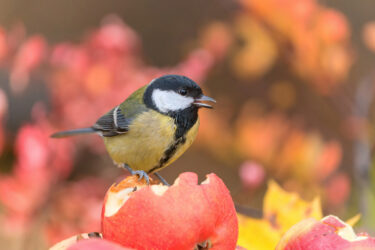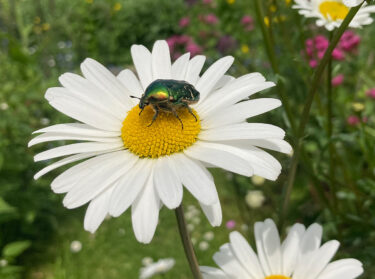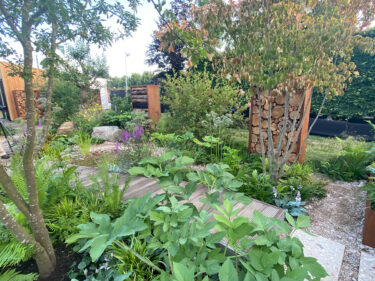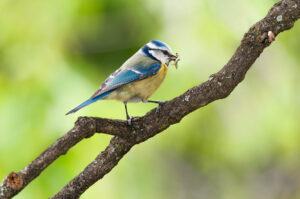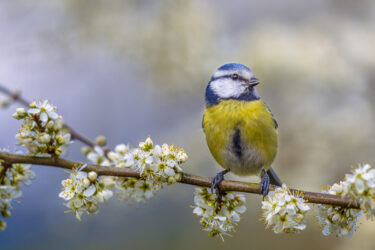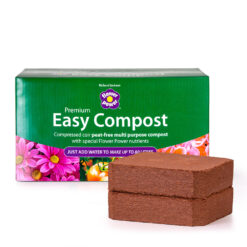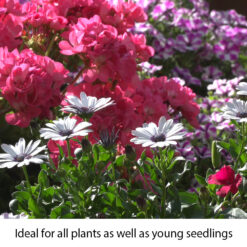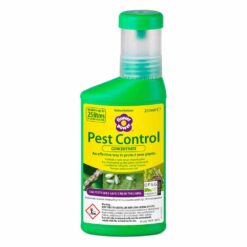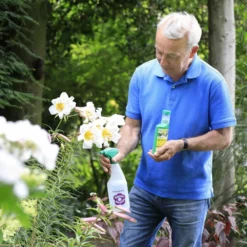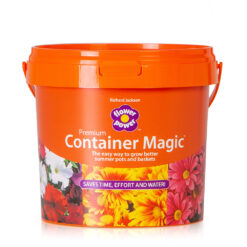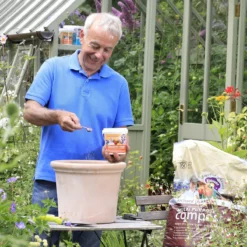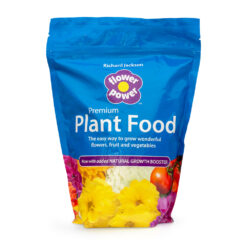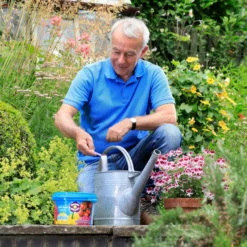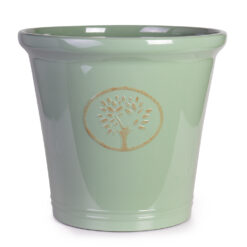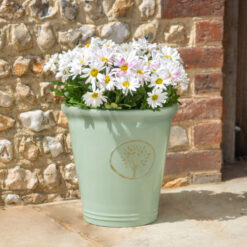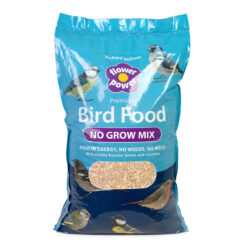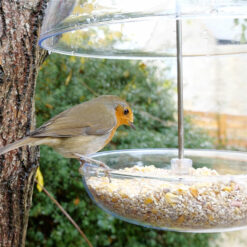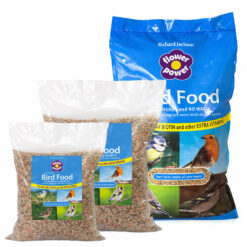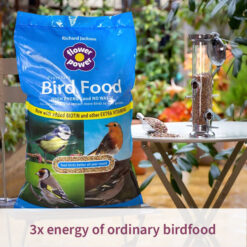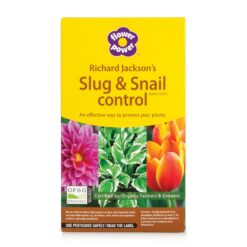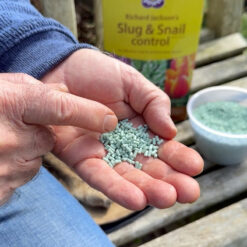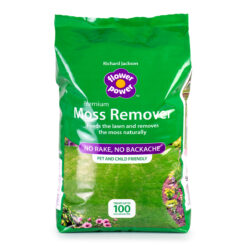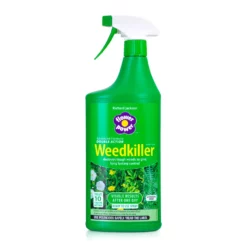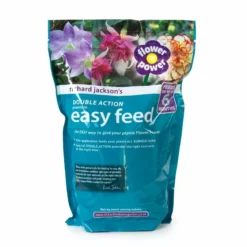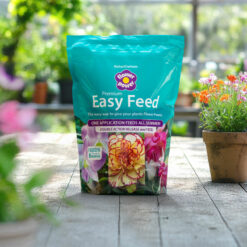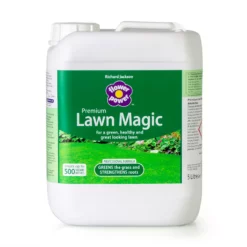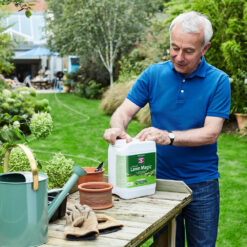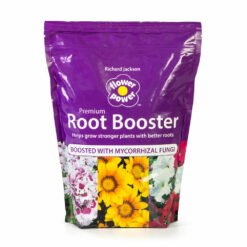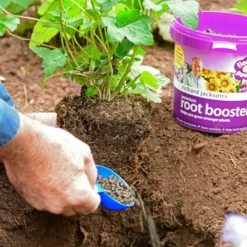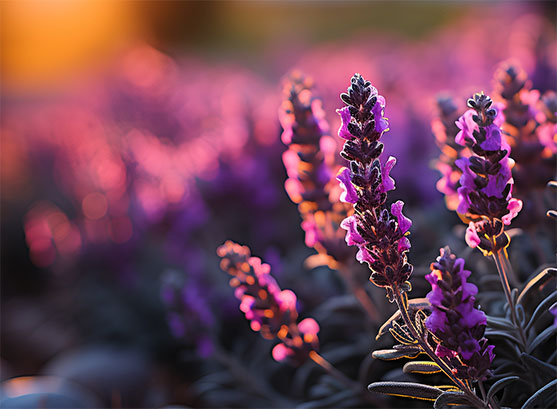Our gardens are enhanced by all sorts of wonderful creatures, especially the wild birds. We don’t always give much thought to how these incredible creatures survive. It’s a tough world out there. But as gardeners we are well-placed to not only observe but to also support them.
Recent news highlights that our humble blackbirds are in decline, especially in the more southerly parts of the UK. There’s a disease (Usutu virus) that affects blackbirds and that is spreading that is thought to be part of the reason for the sudden decline. But there are other factors at play too, most notably a decline in insect food, especially in nesting season. Climate change plays a part too, it can increase the risk of the disease spreading, but hot weather leads to dry and compacted soil making it harder for blackbirds to catch earthworms and their soil-based foods.
What can we do?
As gardeners there are many ways we can support all our feathered friends in the garden. Finding ways to help the blackbirds will also have a positive effect on many other types of birds and garden wildlife.
- Habitat loss is a major factor in the decline of many species. Imagine if you replace your lawn with artificial grass, please don’t, how on earth would our ground feeding birds forage for earthworms? Neat gardens with extensive paving or decking have a similar effect, paved front gardens are affecting water-run off but are also depriving every level of the food chain feeding opportunities in those areas. Replacing these hard landscaping features with softer, kinder, living alternatives such as hedges, shrubs and a wild area will help reverse the decline.
- Adding a compost heap encourages and supports mini beasts and other invertebrates that are food for the blackbirds and other wild birds. If you already have a compost bin, add another one or two. Having different stages of the composting system supports different levels of the food chain. Dig out a a bucketful of earthworm rich compost and spread it on the borders for ground-feeding birds like blackbirds to find.
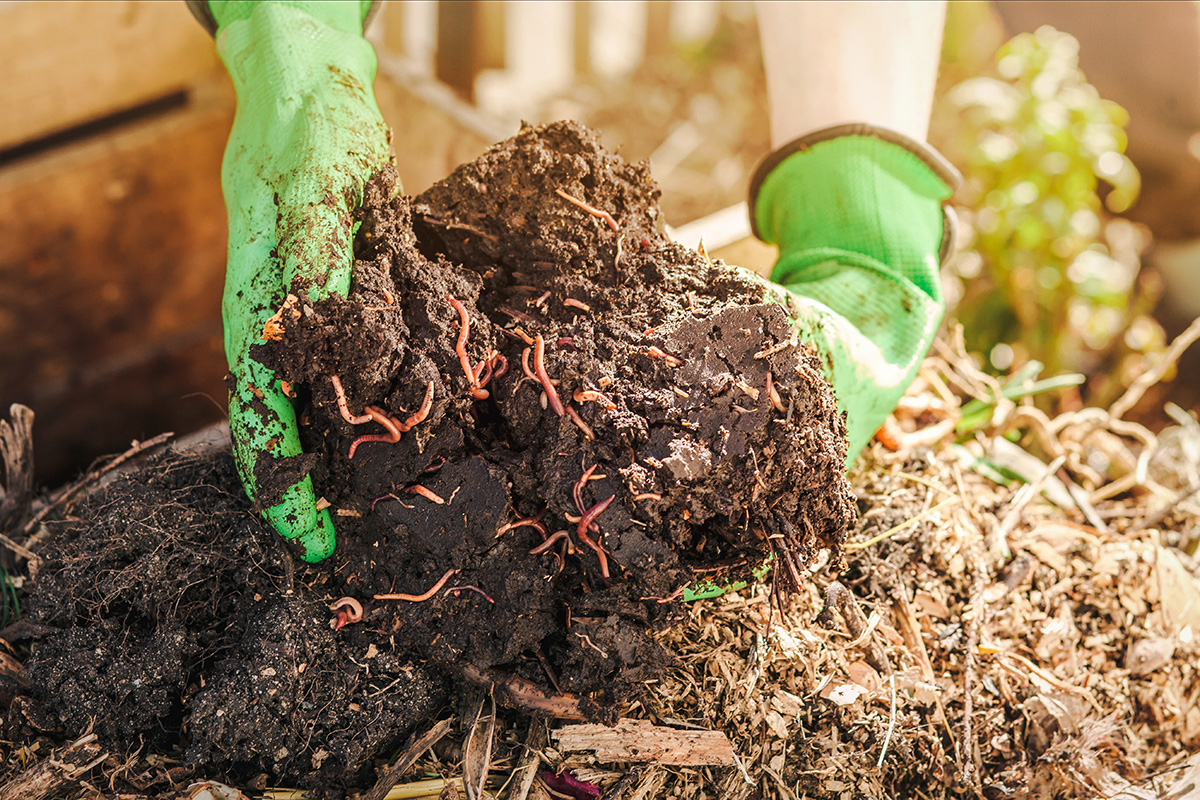
- Blackbirds start nesting in March and can raise more than one brood of chicks. Sometimes they will attempt three or even four broods if the conditions are right, with chicks in the nest still in July. It’s an offence to disturb nesting birds and/or destroy or disturb a nest. As gardeners we notice things, especially dive-bombing blackbirds launching out of the shrubbery, hedge or other dense planting. Keep watch and you will see the parents arriving with beaks full of worms for the chicks, and the resultant excitement of chirping as they anticipate the next meal. It’s wonderful. Hold fire on trimming the hedge, pruning your shrubs or doing anything that might scare your precious tenants until September or until you are sure the chicks have fledged.
- If you use flea treatments on your pets, don’t put their fur out for nesting birds. It can contain chemicals that could affect our wild birds and may cause harm in the environment. For the health and safety of all wildlife, pets and children think carefully before using any form of chemical controls in the garden.

- Leave a wild area in your garden where invertebrates can thrive. These are safe feeding places for birds and other wildlife. Reduce disturbing the soil and instead mulch the soil and leave the leaves to encourage worms and other invertebrates that are blackbird food.
- Plant extra fruit in the garden and be prepared to share some of it with the birds. I’ve got a huge raspberry patch in my garden. I can’t reach the centre to pick the raspberries so I leave those for the birds. My crab apples are very prolific and I can’t possibly use them all, I leave masses for the birds. Often they are eaten after the frost has broken them open. I leave apples, plums and other fruit that is past its best or has started to rot, on my raised beds for the birds to devour in autumn and winter. If you’ve got dried fruit that is past its best, soak it and add it to the bird table with crumbled suet balls, soaked oats and mealworms.
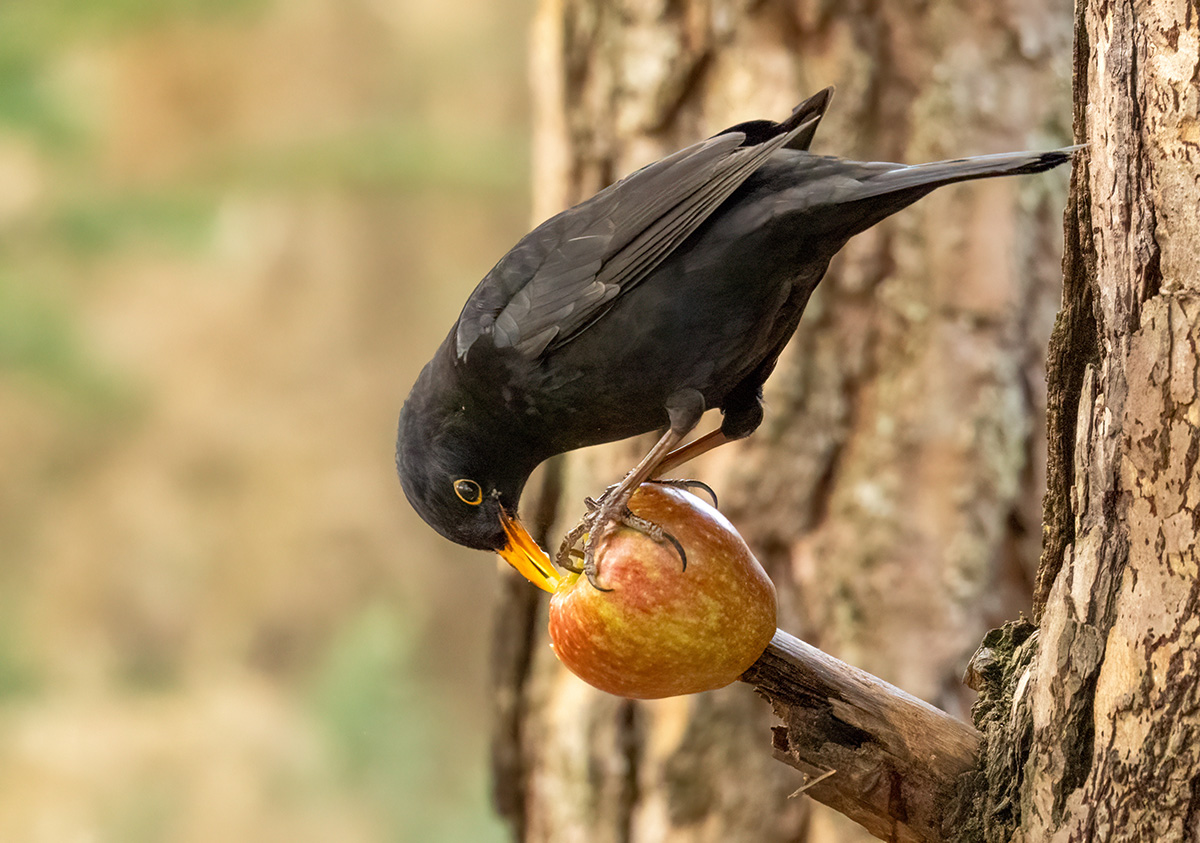
- Blackbirds need shelter as well as a source of food. Plant dense shrubs for nesting and consider adding a hedge to your boundaries full of fruiting plants including berries.
- Provide a clean source of water for the birds and keep it topped up. Empty it regularly and clean it out with hot water 2-3 times a week, scrubbing it with a brush to remove any debris.
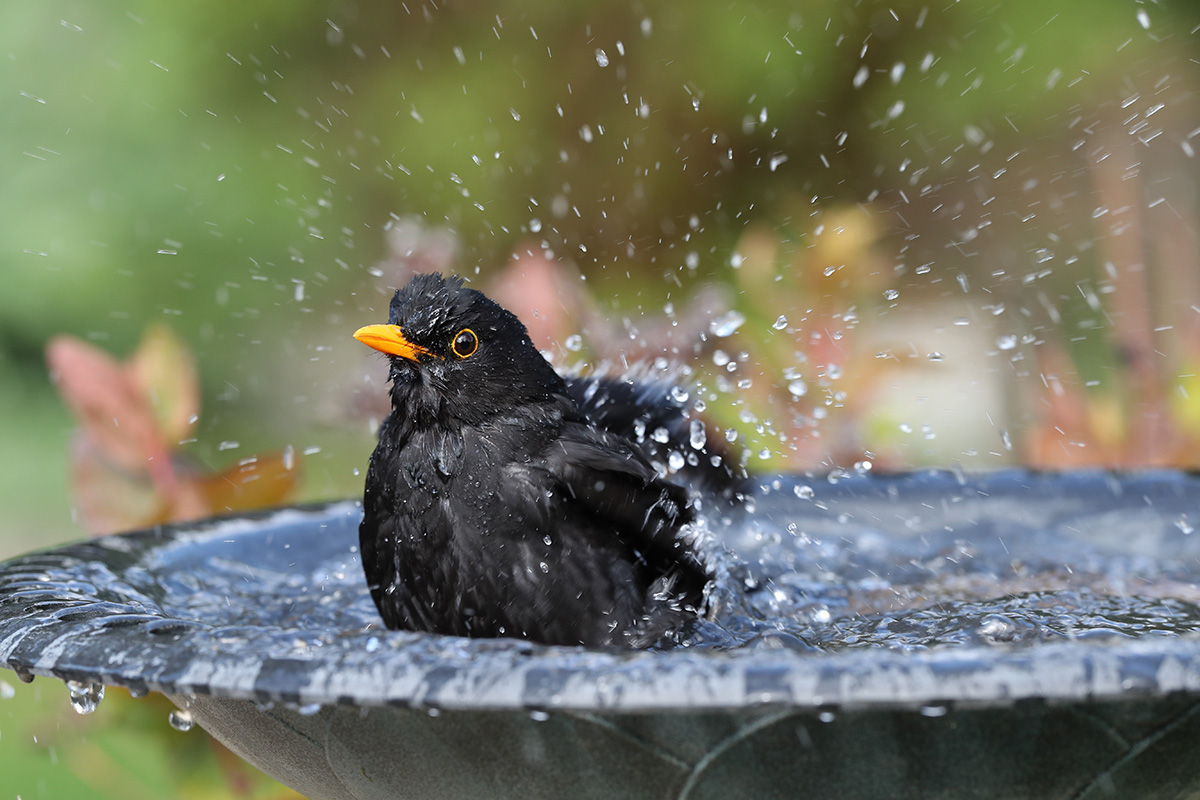
What are the symptoms of the blackbird virus?
Keep a watch on your garden blackbirds. Look out for lethargic birds and loss of co-ordination, drooping wings and birds that seem reluctant to fly. The virus is transmitted by mosquitoes, so keep bird baths clean to reduce the breeding sites for mosquitoes. Climate change is playing its part, as longer summers and hotter temperatures create the perfect conditions for the mosquitos to breed. Empty containers of stagnant water. Keep your pond aerated with an active fountain.
The British Trust for Ornithology has a summer survey for gardeners to inform them of the health of their garden blackbirds. If you fear your blackbirds are affected by this disease, please report it to the Garden Wildlife Health website, which is co-ordinating reports of sick or dead blackbirds. The disease has a high mortality rate and can progress rapidly.
-
SAVE UP TO 20%Select options This product has multiple variants. The options may be chosen on the product pagePrice range: £3.19 through £7.99
-
Subscribe & Save 20%Select options This product has multiple variants. The options may be chosen on the product pagePrice range: £15.60 through £30.40
